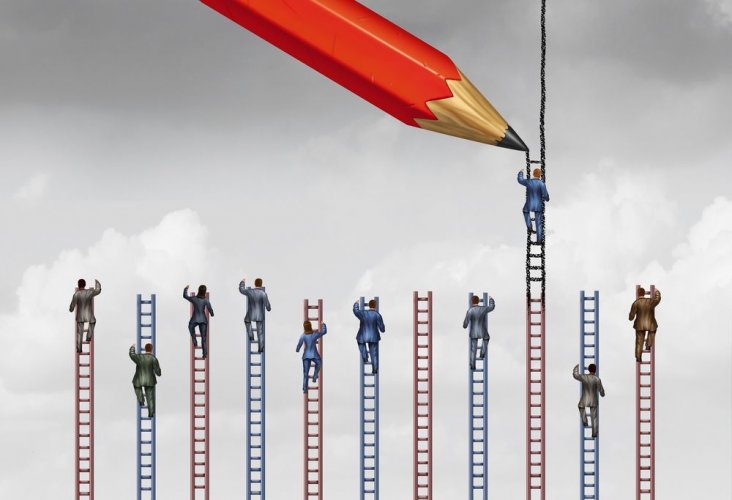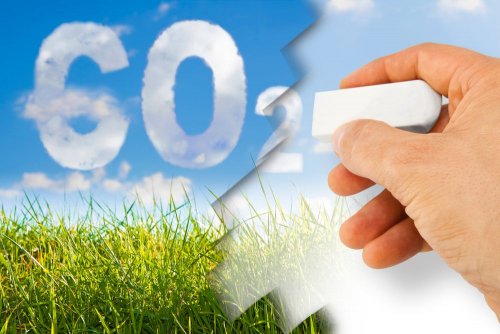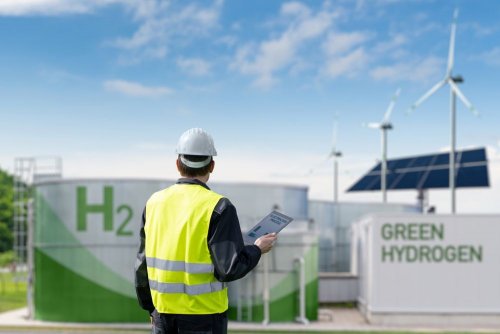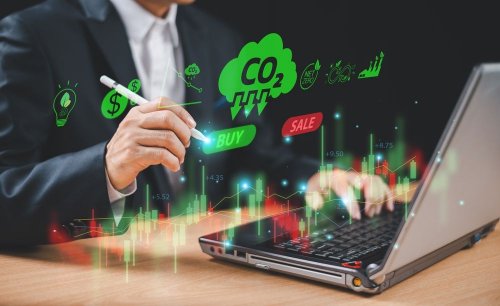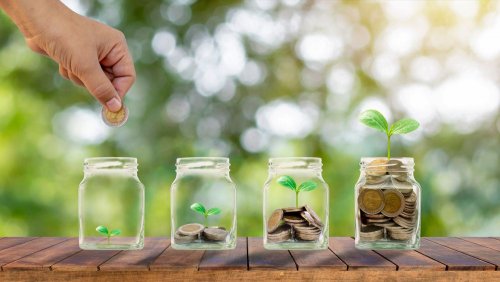Experts have prepared six steps to help organizations decarbonise the supply chain and their own operations, through the involvement of suppliers.
After all, to mitigate climate change, such decarbonization of the chain may be one of the most effective measures, according to World Economic Forum (WEF).
Although stakeholders are taking steps to make carbon neutral, including buying RES from electricity, supplementing it with solar energy on the roof, buying sufficient carbon credits, investing in green initiatives, etc., decarbonisation of the supply chain is one of the most influential factors. climate change.
"If you are not an energy-intensive player in a heavy industry such as a steel producer, it is likely that greenhouse gas emissions from your operations are only part of the overall emissions," the report said.
Six steps to decarbonizing the supply chain
- Involve suppliers with CDP, an international non-profit environmental impact assessment organization, to have an understanding of suppliers' climate measures and to set expectations for their commitment to goals and measure progress towards them.
- Use this data to select suppliers. By collecting verified data from suppliers on their emissions and climate maturity, as well as accurate data-driven representations, buyers can choose suppliers based on their climate maturity.
- Use the experience of partner organizations such as CDP, SME Climate Hub or the World Business Council for Sustainable Development to support suppliers in their approach to climate change.
- Organizations and their suppliers are essentially the same industry, so it is often relatively easy to identify opportunities for decarbonization during on-site assessments. For example, by visiting a supplier's manufacturing facility in China, one can easily identify energy efficiency opportunities for cost-effective reduction of carbon emissions.
- Encourage suppliers. At the very least, give credit for reducing their carbon footprint to support your brand. In addition, improved payment terms can be offered to suppliers who take specific climate action.
- Advocate for climate action. Do your best to make decarbonisation a "new norm" not only in your industry or sector, but in the industry as a whole and with your partner network. For example, team up with your partners to coordinate sustainable public procurement practices and promote sustainable public procurement processes.
In addition, experts advise concluding virtual power purchase agreements (VPPAs) with suppliers who jointly commit not only to purchase renewable energy, but also to support the financing of new renewable energy projects, such as wind and solar power plants, by helping to "green the grid".
The principles of the circular economy and the encouragement of suppliers will also help in decarbonization. After all, this is not only a powerful strategy to mitigate today's volatile pace of natural resource extraction, but also an opportunity to improve business profits while maximizing lifelong value.
For example, in the United States and the Netherlands, Philips is committed to returning and restoring medical equipment and reusing parts and materials to give them a second life.
To achieve the goals of decarbonization is also advised to make it a requirement. After all each supplier will have its own supply chain, in which it is possible that a significant impact factor will be applied.
"So be bold - set goals, manage and report on progress, and unite to ensure the sustainability of the supply chain is a prerequisite for the successful operation of the enterprise," - says WEF.
The paper also stressed that as UN Secretary-General Antonio Guterres describes the latest IPCC Working Group Climate Report as a "Red Code for Humanity", decarbonisation of supply chains is becoming mandatory.
We will remind, made in France glass with zero content carbon.
As EcoPoliticа reported earlier, manufacturers of cars and household appliances have agreed on supply of green steel with H2 Green Steel.

